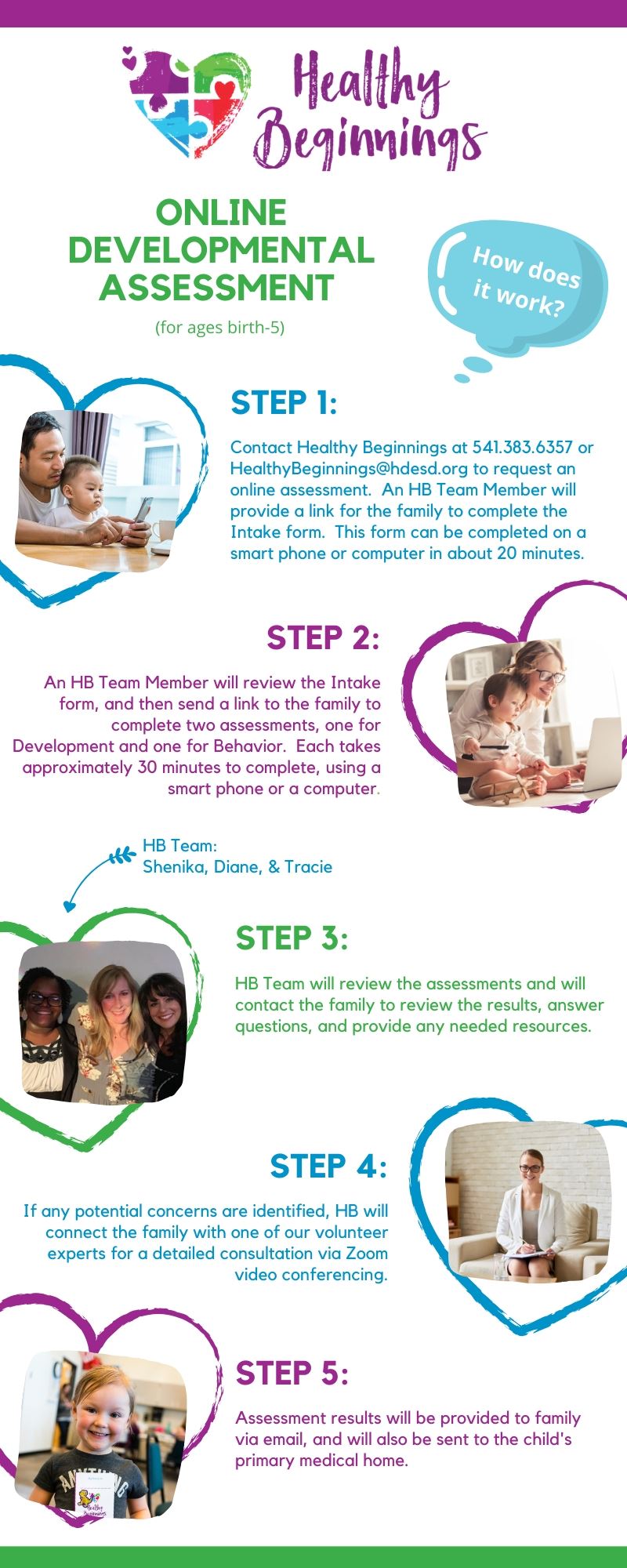

To learn more about the SelectHealth, Healthy Beginnings program, visit or call 1-86. Healthcare providers may not always ask, so it is important to communicate how you are feeling.

During prenatal and postnatal visits make sure that you communicate with your healthcare provider if you are experiencing any symptoms or signs of postpartum depression. It is important for birthing parents to take an active role in their healthcare journey. Additionally, the program includes pregnancy support with regular check-ins, referrals to emotional support resources, access to care managers to answer questions and discuss care, and educational materials to learn about pregnancy and newborn care. SelectHealth nurses can work with your doctor to promote a safe and healthy pregnancy, including mental health resources. The program is covered by SelectHealth plans with no cost for the birthing parent. If perinatal (period when you become pregnant and up to a year after giving birth) depression is identified, caregivers can recommend resources that connect patients to the appropriate provider for treatment options. The Healthy Beginnings program recommends regularly screening for depression during prenatal care visits and after the birth of a child. To assist birthing – parents SelectHealth – a nonprofit health plan integrated with Intermountain Health – has resources available through the Healthy Beginnings program that can help during and after pregnancy. The duration and frequency of symptoms varies and is different for each person. It is important to note that not everyone will experience symptoms of depression in the same manner. “It is important to recognize the signs early and work with your healthcare provider to ensure better patient outcomes during and after pregnancy.” “If ignored or left untreated, peripartum mood disorders could negatively impact the ability to care for a newborn or increase the risk of suicidal thoughts or harm for a baby,” said Alder. Doubting your ability to care for your baby.Thinking about hurting yourself or your baby.Some key indicators to look for that can signal signs of peripartum mood disorders include: If symptoms are intense or last for several weeks, talk to or seek treatment from your medical provider as soon as possible. People often under-report or aren’t asked about their mental health symptoms. One in five birthing parents do not report signs of depression during prenatal or postnatal visits. There are similarities between depression and the baby blues, however, depression is a much more serious issue and should not be ignored. “These feelings are generally very common, but if they persist or linger it could be a sign of depression.” “Most women experience some type of the ‘baby blues’ during or after pregnancy such as fatigue, sadness, worry, or feeling overwhelmed,” said Vicki Alder, perinatal care manager for the Healthy Beginnings Program at SelectHealth. In Utah, reported incidents of depression during pregnancy are slightly higher at 14.7 percent. Nationally, the Centers for Disease Control (CDC) notes that 13.2 percent of women experience depression during pregnancy. Having a child can be an exciting time for parents and families, but with that new responsibility some birthing parents may experience added stress, worry, or anxious feelings.


 0 kommentar(er)
0 kommentar(er)
